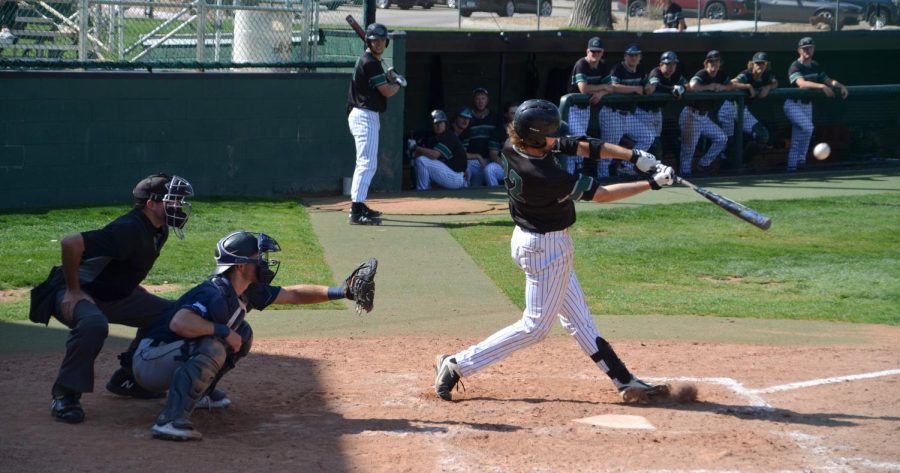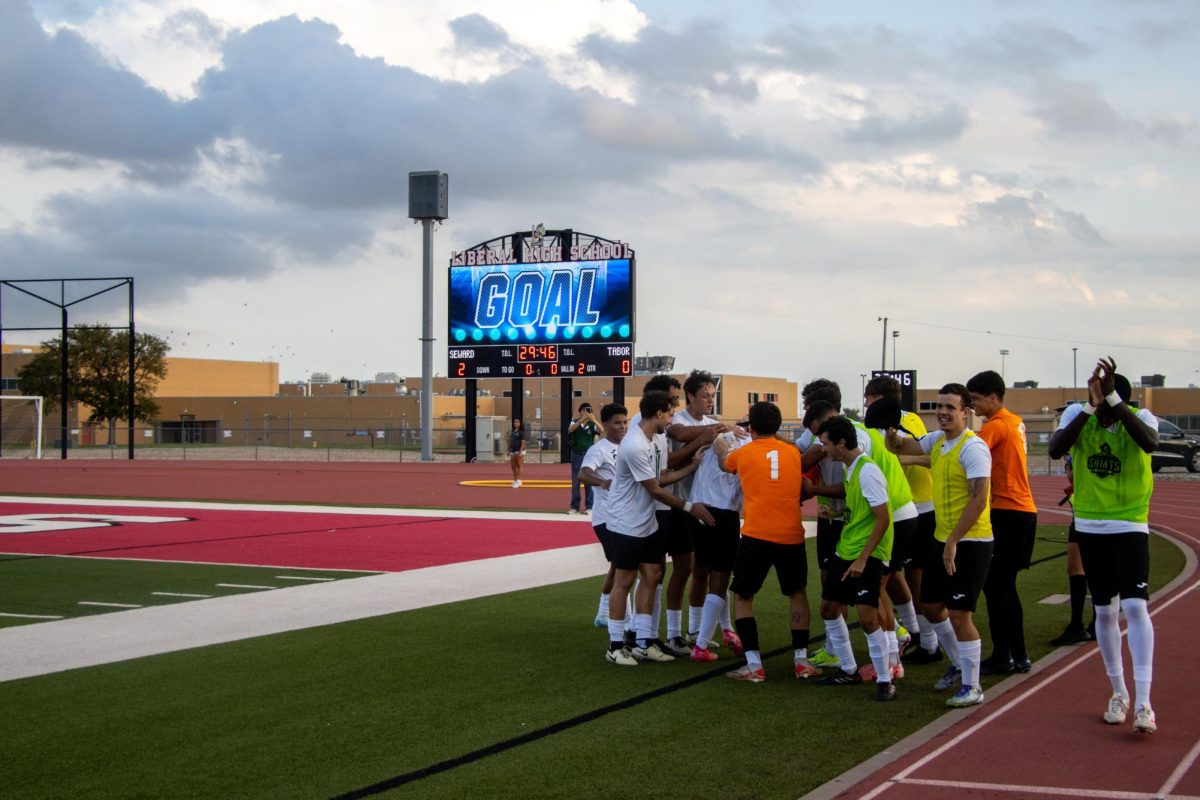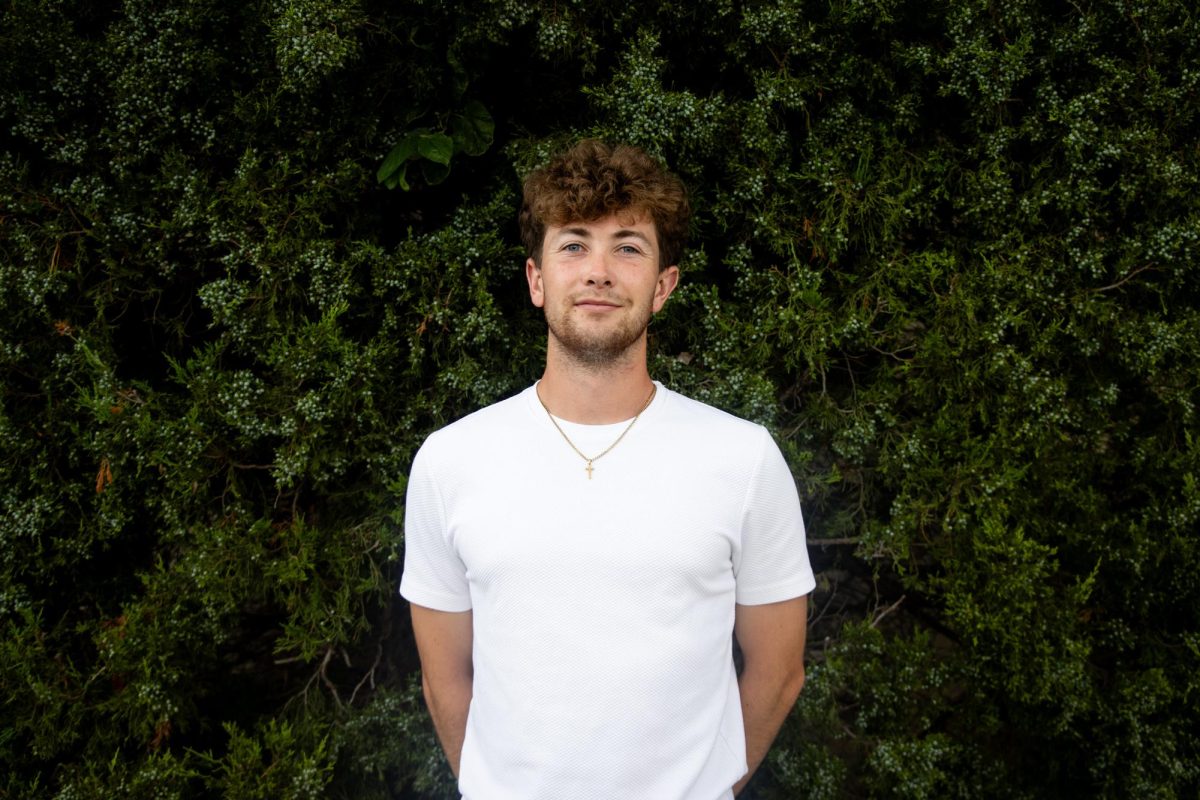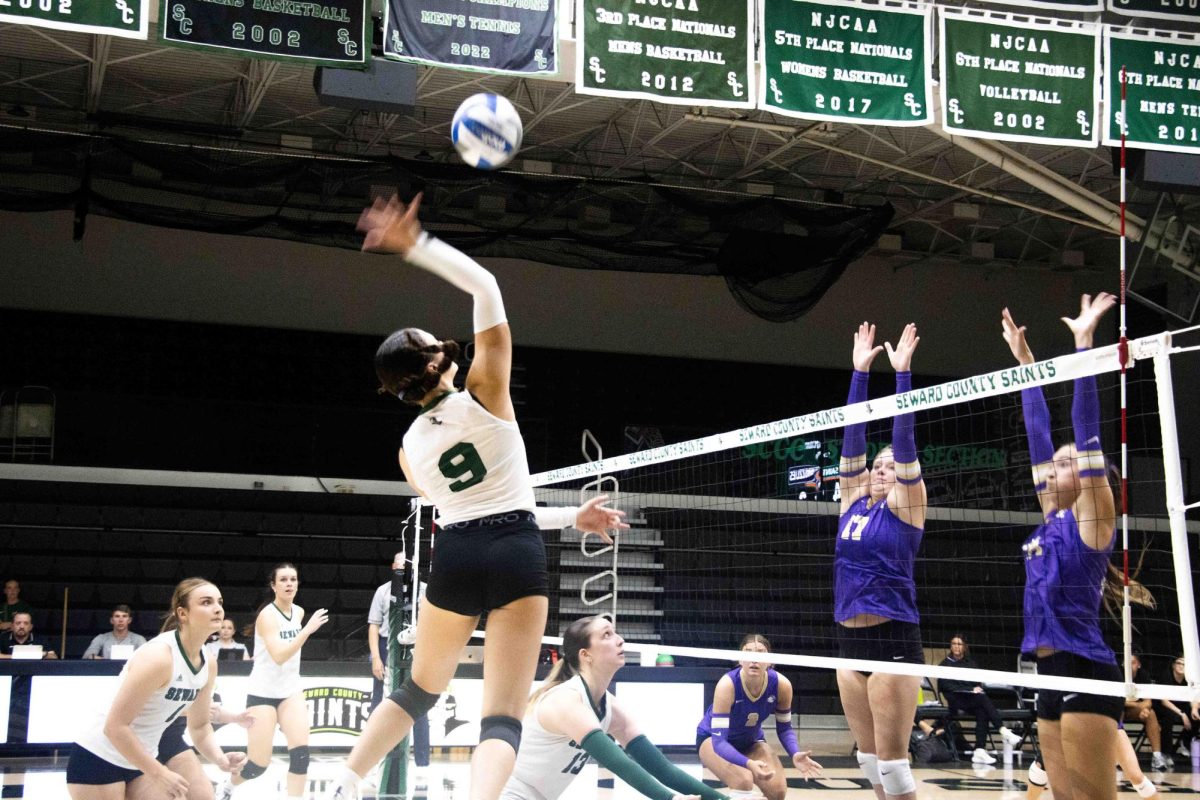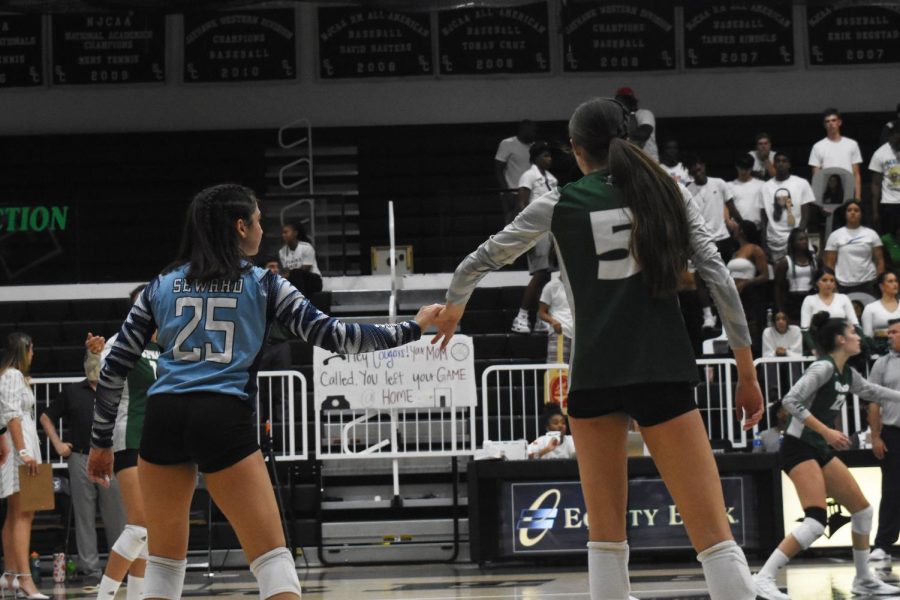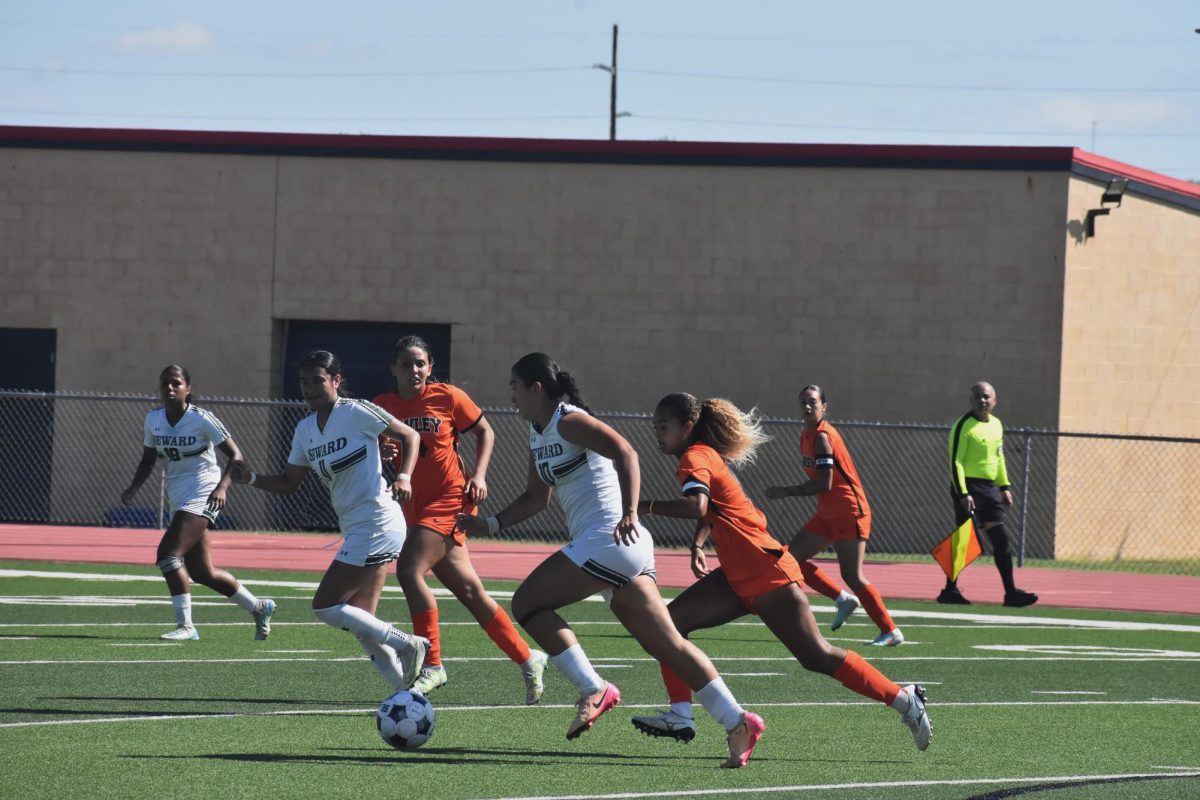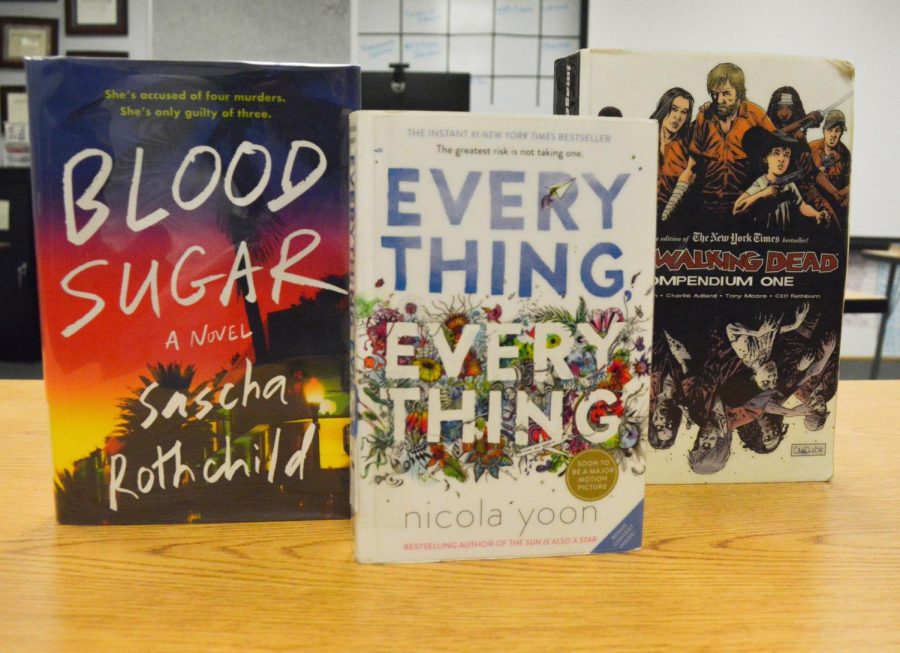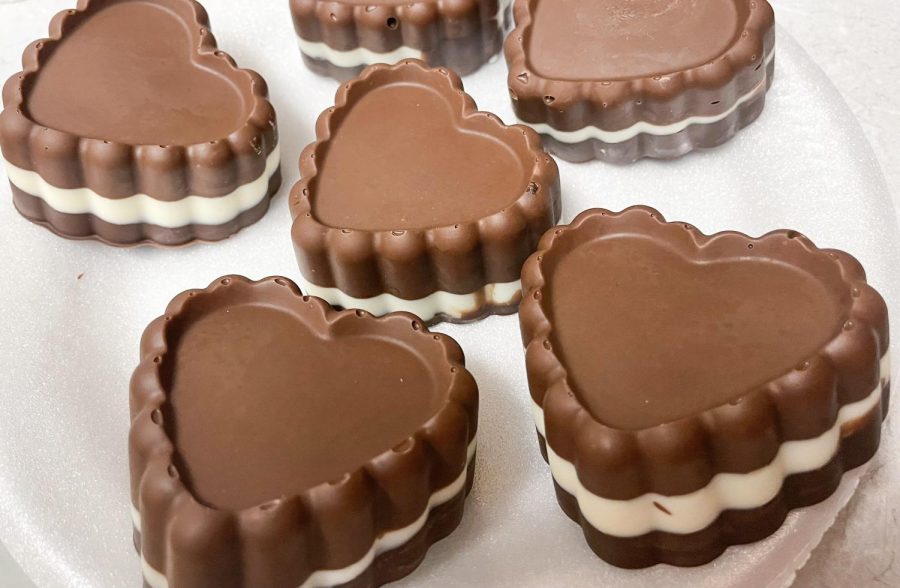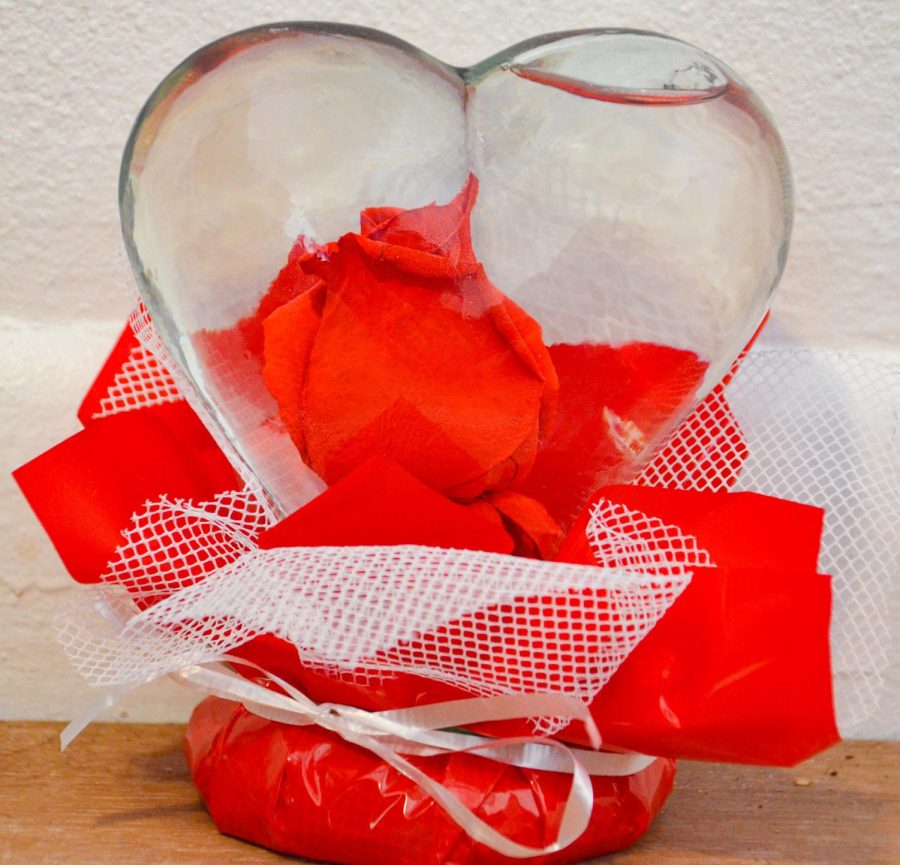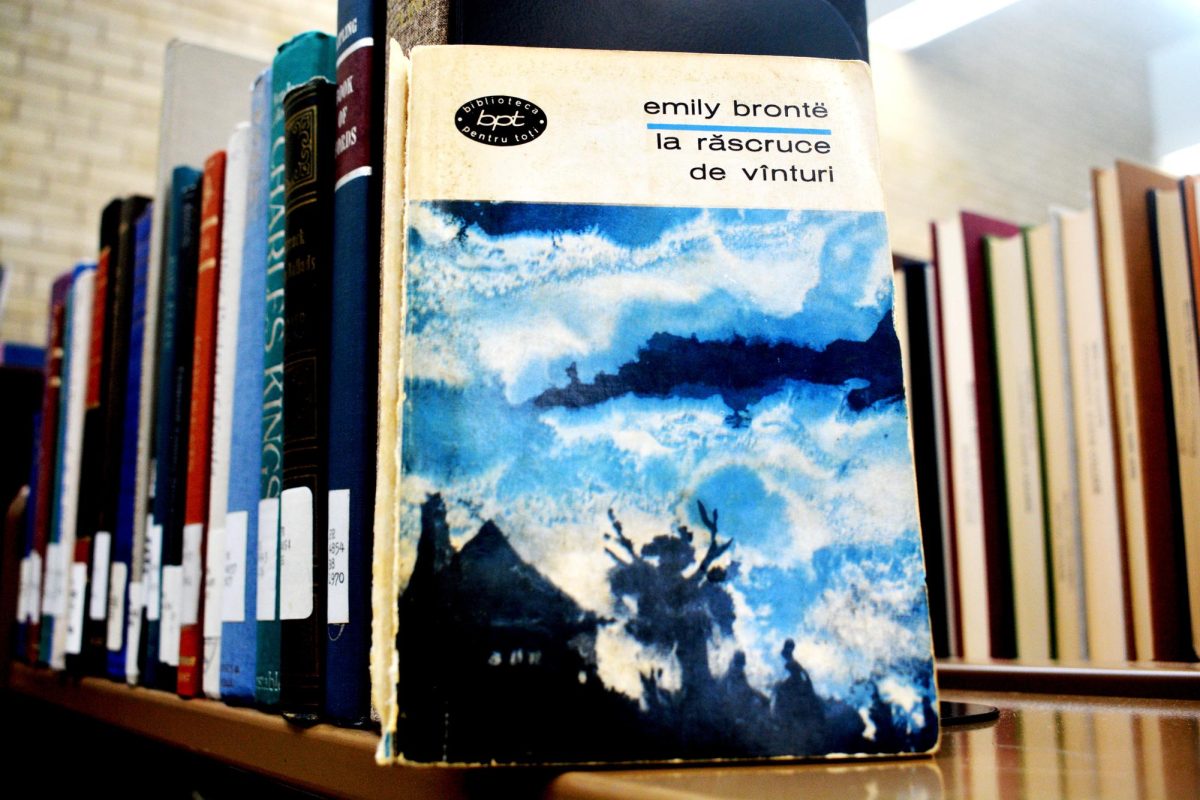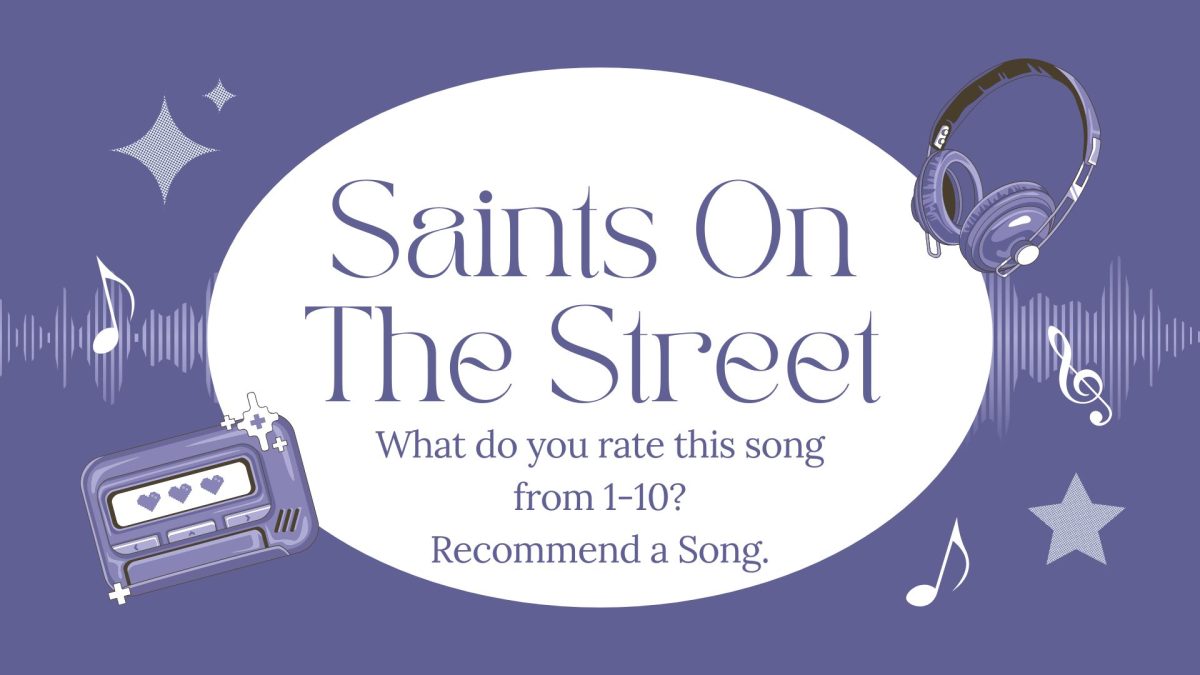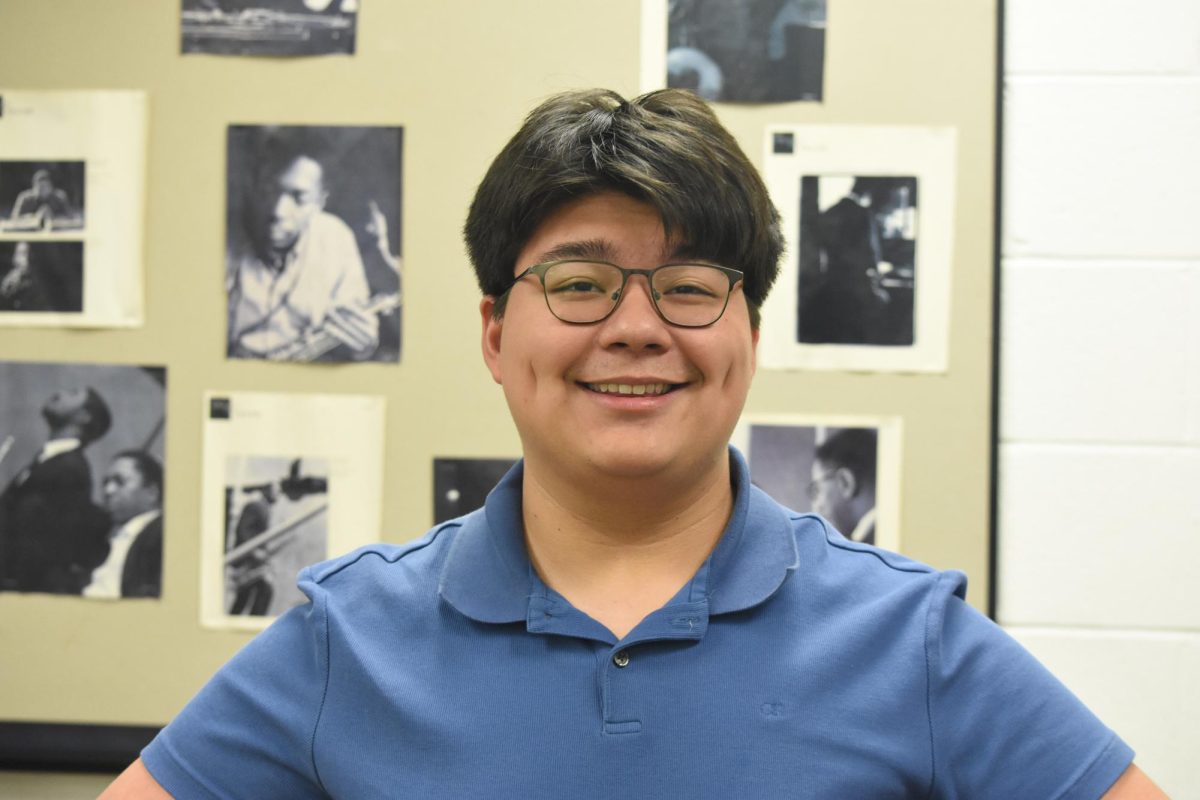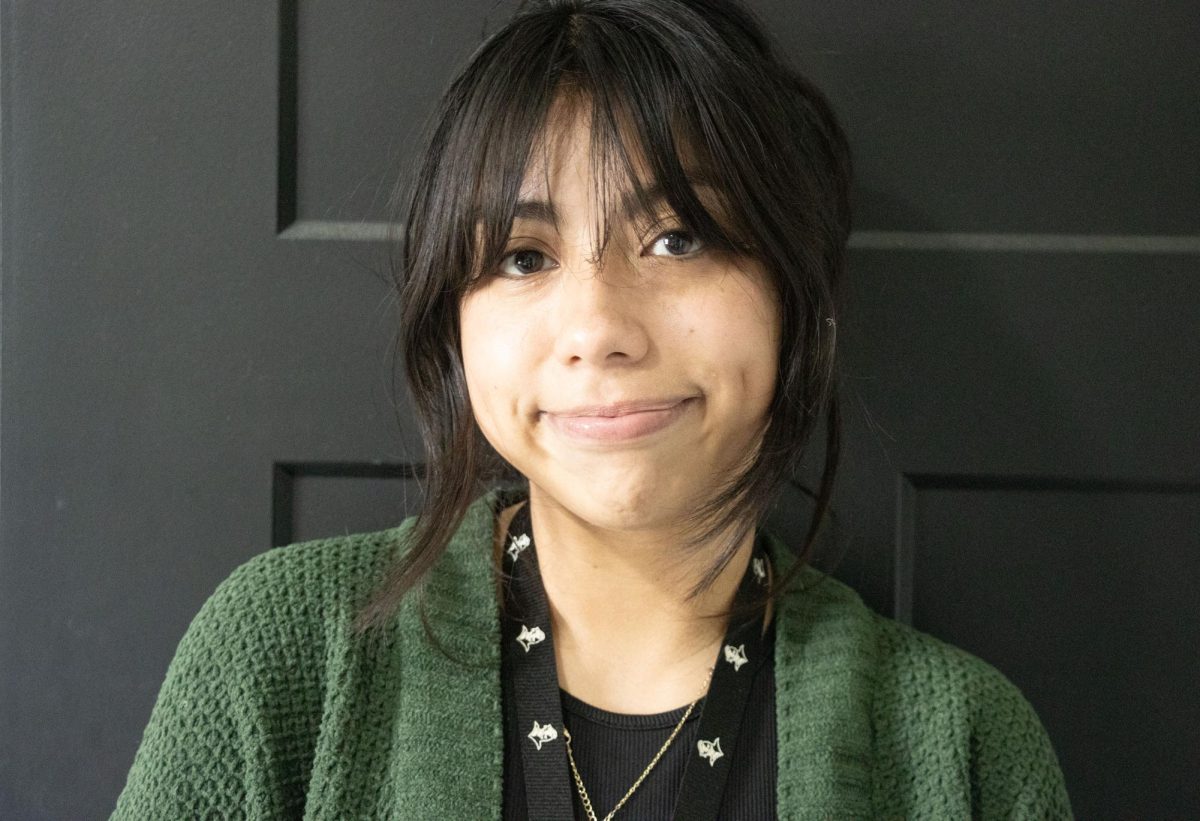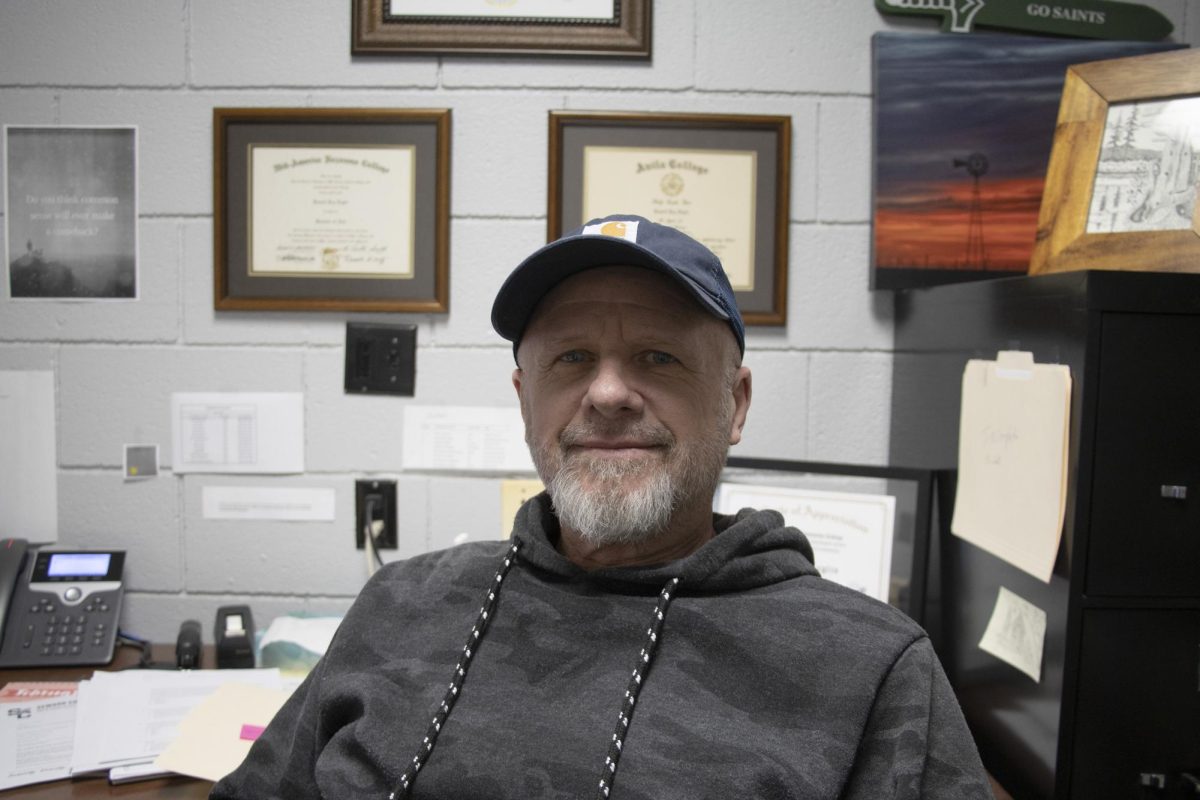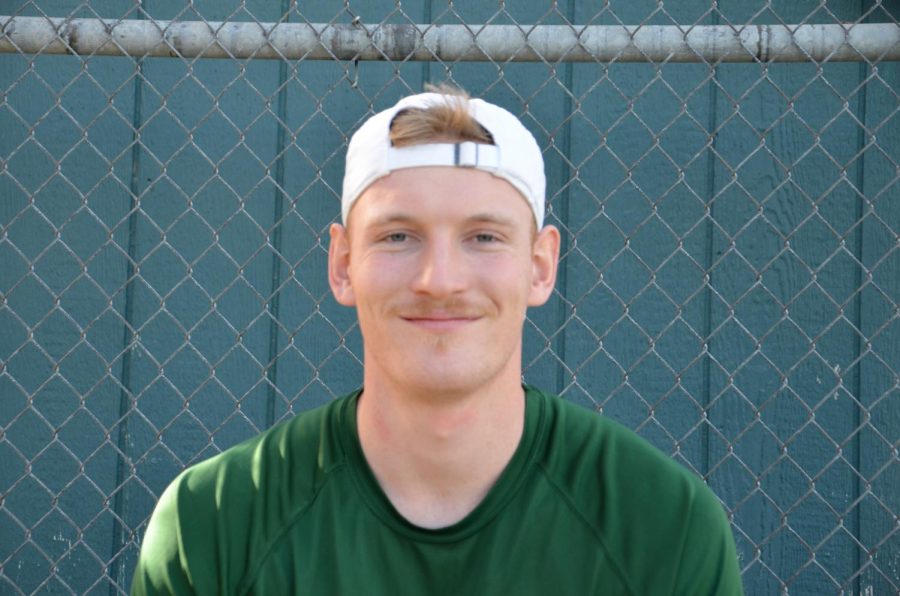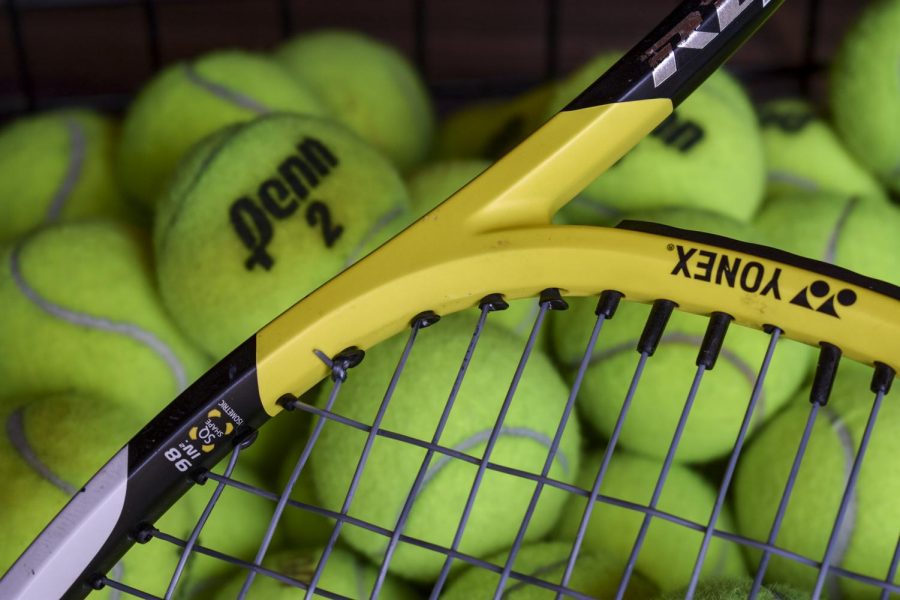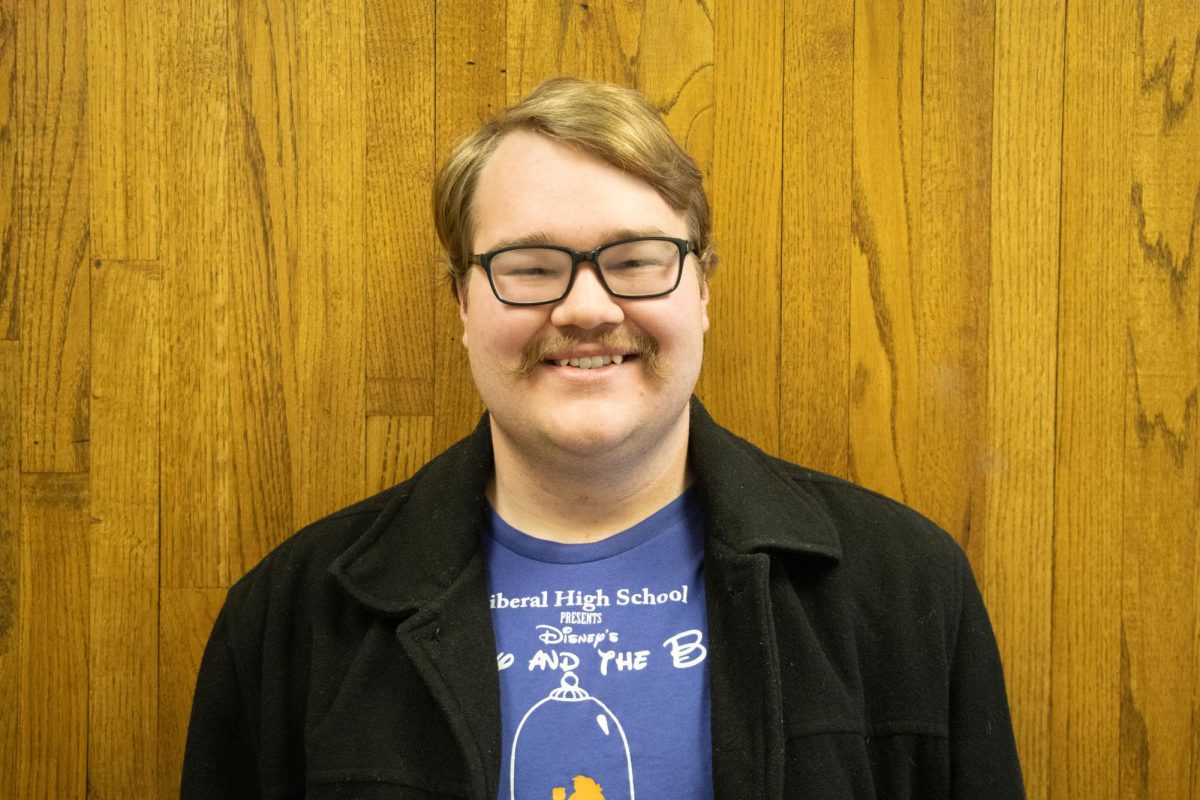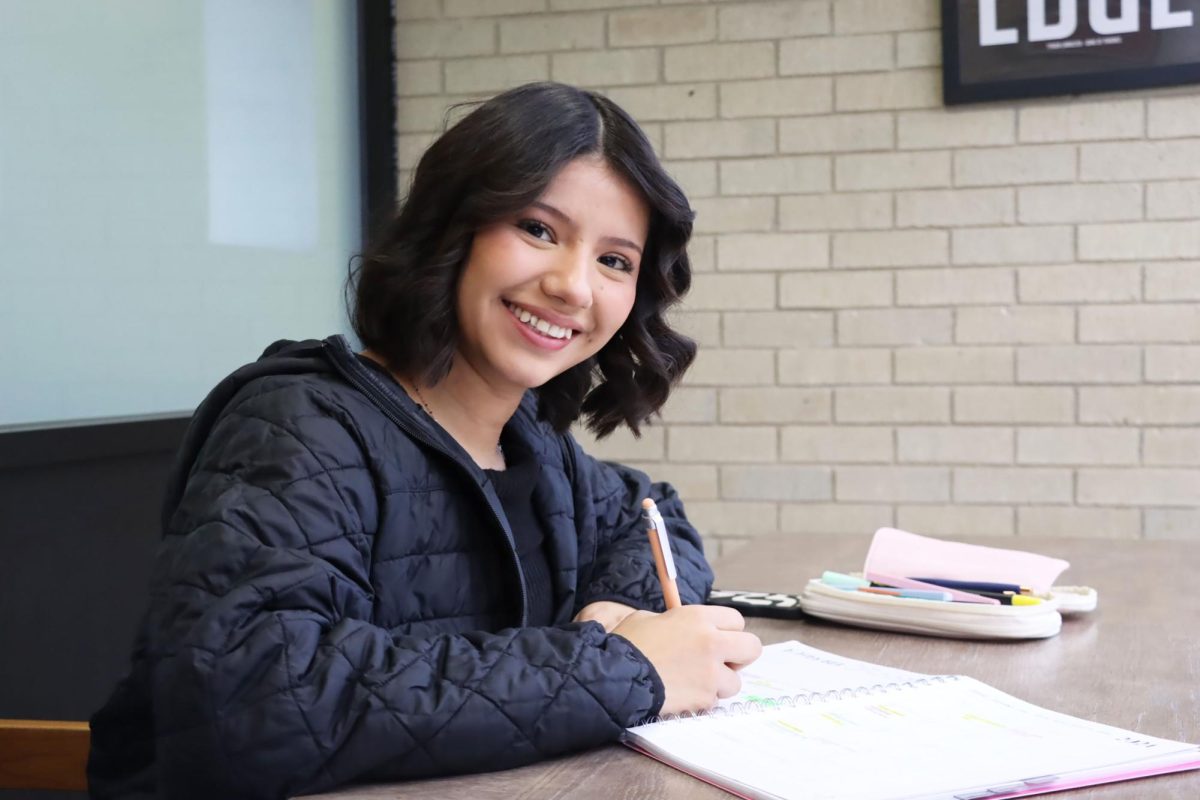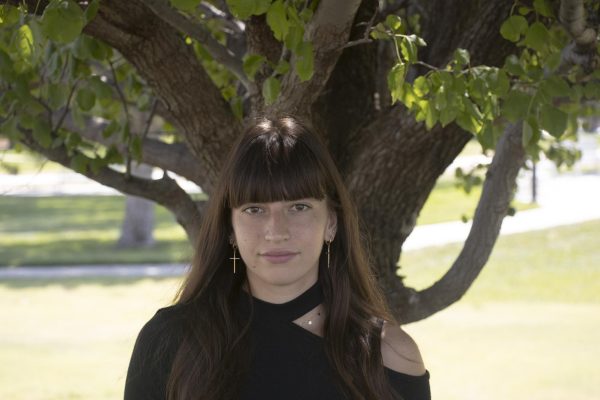Richard Patte is the head tennis coach here at Seward County Community College since fall 2024. He is a former SCCC student-athlete who just three months after graduating found himself in the position of coaching his former teammates and attending meetings with his old instructors as their equal.
Where are you from and what is your position at Seward County Community College?
I am from France, and I am the head tennis coach here at Seward County.
How was it to become a coach three months after you just graduated the very same college?
The hardest thing, I think, was to arrive with nothing planned at all, because I arrived here with no experience in coaching at all. You know, I just arrived in two days, with no program ready, only with what I knew as a player who had the chance to assist the last coach for the women’s team. Other than this, I had to do a lot of experiments to see what would work best for the team.
How did you feel when your former instructors became your colleagues?
I would not say it was awkward. Honestly, they made it pretty easy for me. Many of the professors that I had came to see me in my office and were very happy that I was here and they were always telling me to seek help if I need some. Some of them really had the patience because they knew I was just starting and they told me what they needed from me to make things work fluidly.
Did you think two years ago that you would be in the position of head coach? Was it ever a plan for you?
Never! Actually, it was very random. I was meant to do something else. My goal was, at one point, to create my own business. But, well, it didn’t happen like this at all. The team went in a weird situation at a weird moment during the season and some teammates and friends just called me and told me that they would’ve liked it if I could apply. I never thought, even when I told them “Yes, I’m gonna try”, that the administration here would actually rely on me and make it happen. So I think I was actually one of the first ones to be surprised.
How did you manage to keep things professional with the athletes who used to be your teammates?
It was one of the hardest things. One thing that I had to do was, it can appear very weird, but to create some distance by not going to the cafeteria with them. Even if I want, you know, to always be close for everyone in the team, I want to show all the freshmen as well that I have the same respect for the guys I used to be teammates with. I think some other stuff was, in practice, to try to be as fair as I could. If I have a punishment to give, to give it the same way to a sophomore that I used to be teammate with than to a freshman. Now, of course, I don’t think I made it perfectly, looking back I had some… some choices, some selections that I made that I think I should have made differently. Especially in your first year, you can’t make it a 100% right.
One thing that I actually did that helped me a lot with this was actually to give them some responsibilities in the program. Something like getting to lead some stuff, to make them help out if they had an idea on what could be better. All this stuff that I made also contributed, I think, for them to respect my work.
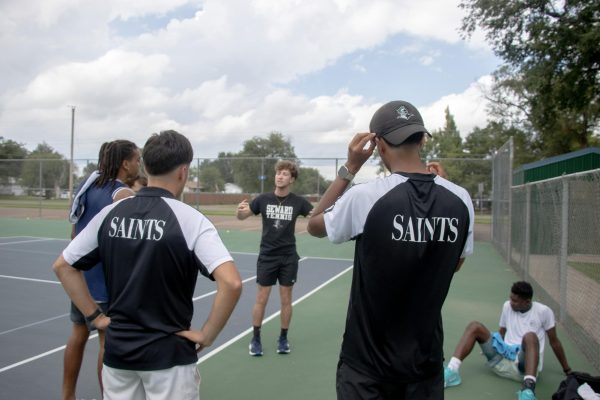
Did you feel disrespected by your former teammates having this new role?
I felt that many of them actually handled it better than I thought. I remember, especially in my first two days, I had a lot of teammates that went to me and that they were wanting to make a point that whatever happens between us, either it was good relations or bad relations, that they wanted it to be good with me and they are gonna respect what I’m gonna tell them. Now, I had some other people with whom it was harder. But, I mean, that is just the way it’s supposed to go. Of course, in my position you would like everything to work really good and people to respect you from nowhere, but in reality it can’t work like this. You have to also gain this respect, you can’t just arrive as one of their teammates who used to be with them and just expect everyone to respect you for being you. You need to show that you deserve this respect as well.
Do you have any ideas to make the tennis program grow?
Yes, definitely! One of my first priorities, I would say, is to bring Seward tennis bigger in Liberal. For this we are gonna make some community clinics every Saturday that we are on campus. We want to show tennis to more people. I’m also thinking (for now it is only a project in my mind and I’m trying to develop) to bring some pickleball, now that we have pickleball courts at Blue Bonnet Park, to try to bring people from pickleball to tennis. Giving something to the community is really nice. Now, for the program itself, it’s more about creating a nice group of people that can take care of each other and that don’t need me to be a good group.If I wanted to happen good in matches and practice, it doesn’t count only from the court, it comes from the people I choose and that comes from the recruiting part that I’m making. I’m making a big point of choosing people that can be a good element for the team more than being a good player.
What was your favourite moment from your first season as a coach?
I think, I have two moments that I really enjoyed. My first moment I would say it was this first victory at Midwestern State University for both the guys and girls. I mean, the first one is always special, especially knowing that i arrived a week before, trying to make everything on point for the team. It was the first match we do and first victory. It was very special to me.
Apart from this, nationals, either for guys or girls, was a big experience I would say, even more for the guys, since we had some nice results. For example, Sebas [Sebastian De La Salos] had a very very hard draw and he managed to go pretty far, considering the draw he had on number 2. Sammy [Samuel Antwi] that went on National Runner-up on number one seed, beating number one seed, number three seed; and Abu [Abubakari Yakubu-Lea that beat this Tyler guy, went through a lot of emotions. Sharing that with Yens [Yens Leenstra] as well, who had a big role there, at the nationals. He accepted to help me on his own time. That was a really nice time with the guys and, whether as a coach or as a person it was something that is very hard to describe.
Do you think this year is going to be better than the last one? Why or why not?
I don’t think it would be nice to answer this question, because I don’t want to compare years between each other. For me each generations have their own legacies. Now, what I want, of course I have some ideas of things that I want to get better for next year. For example, the atmosphere between everyone in the group, I would like it to be more fluid and I’m already very confident it’s gonna be the case. That can also come from the number of people we have this year, that is a bit less, so that is gonna help too, but I really feel like my job on recruiting made it easier. But I would not like to compare it so much whether it’s about level or, I don’t know, whatever it is between people. I just feel like every year, every generation is a new history and I just prefer to call it different challenges.
What advice would you give to your future student-athlete?
First, honestly, respect everyone and make a point of making friends, of meeting people and being curious. I think yeah, if I have something to say, be curious about people here. Speaking honestly, I didn’t end up here because I was the best player. I think one of the biggest reasons I ended up being here it’s because people respected me for who I was. They knew I was a hard working guy and I think this made part of the choice. I was happy, you know, to be good with everyone I knew here. Honestly yeah, be curious with people and I would say, don’t start with bad habits, try to always have some routines, because in college life it can go very easy to sleep at 2 a.m. and wake up at 7 a.m. next morning and be tired. It’s all about accumulation, so for all my future athletes: Be curious, start as much as you can to have some good habits.

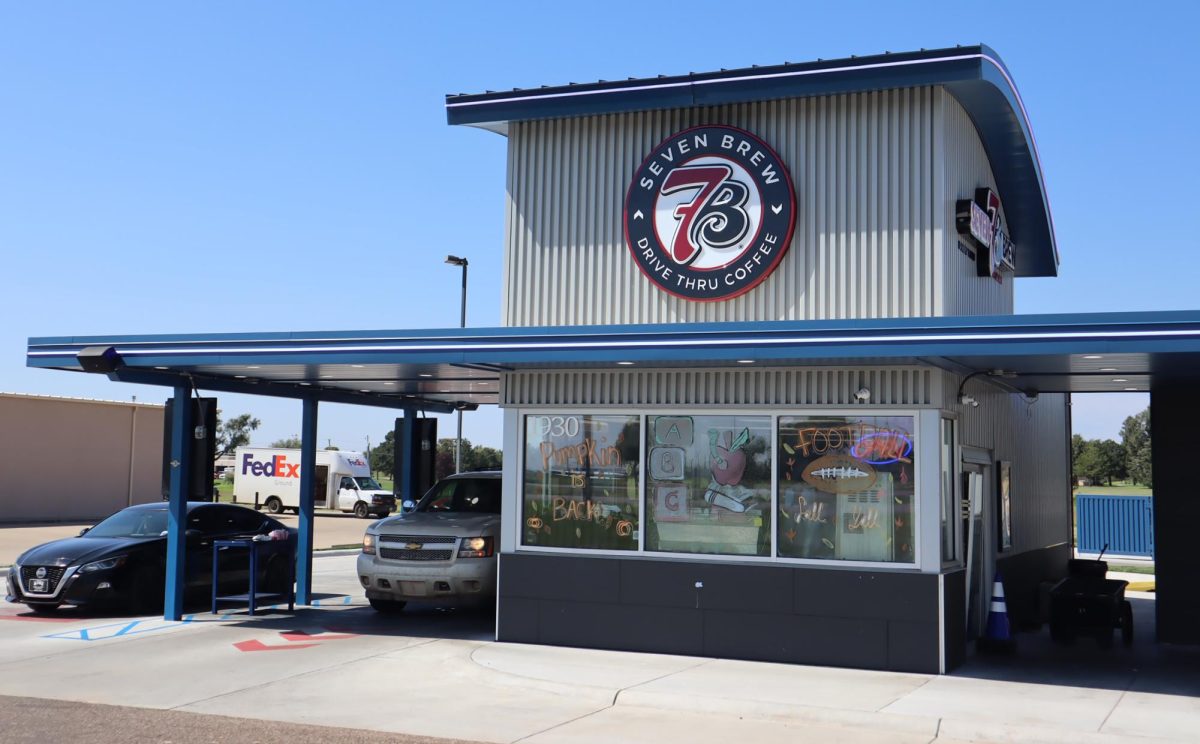
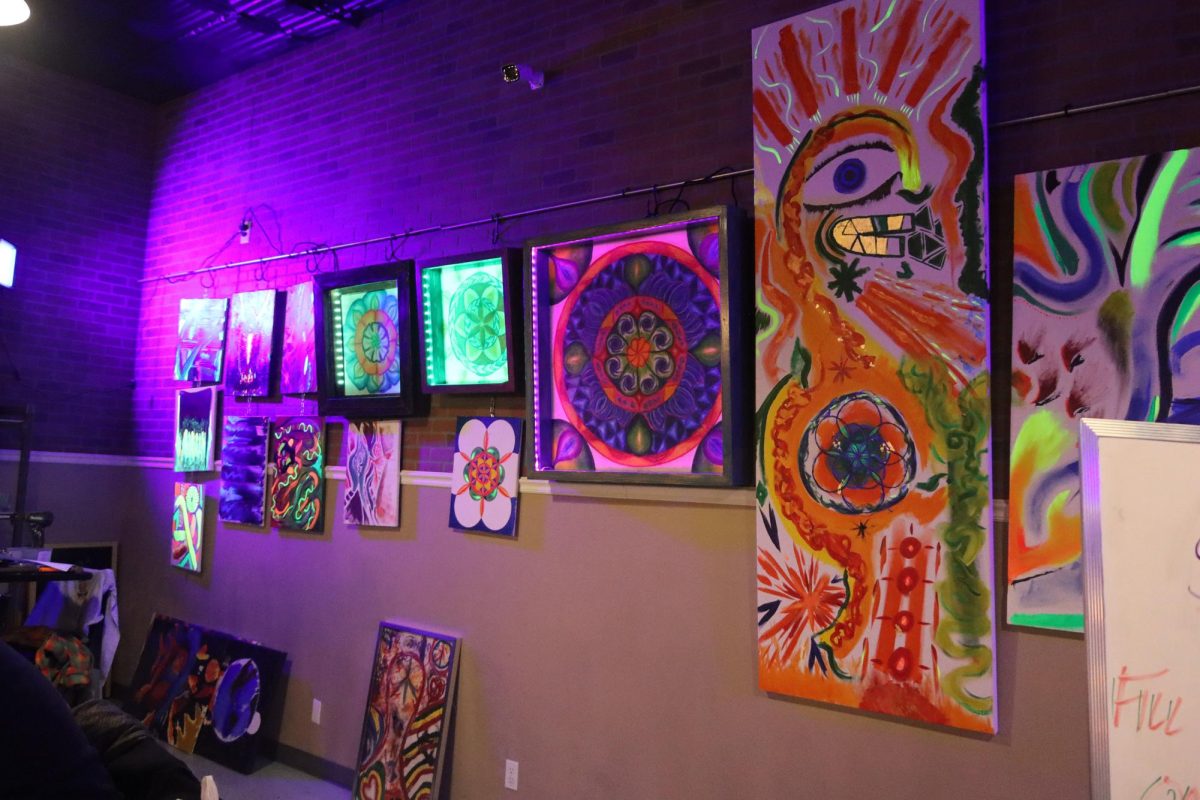

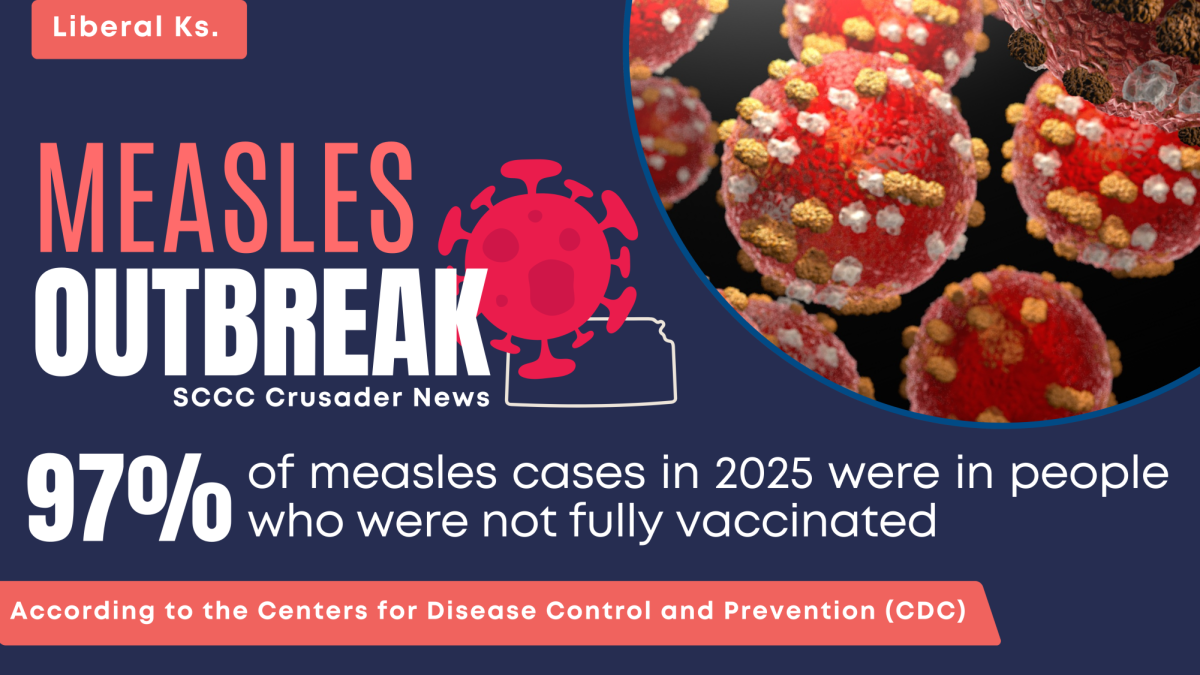
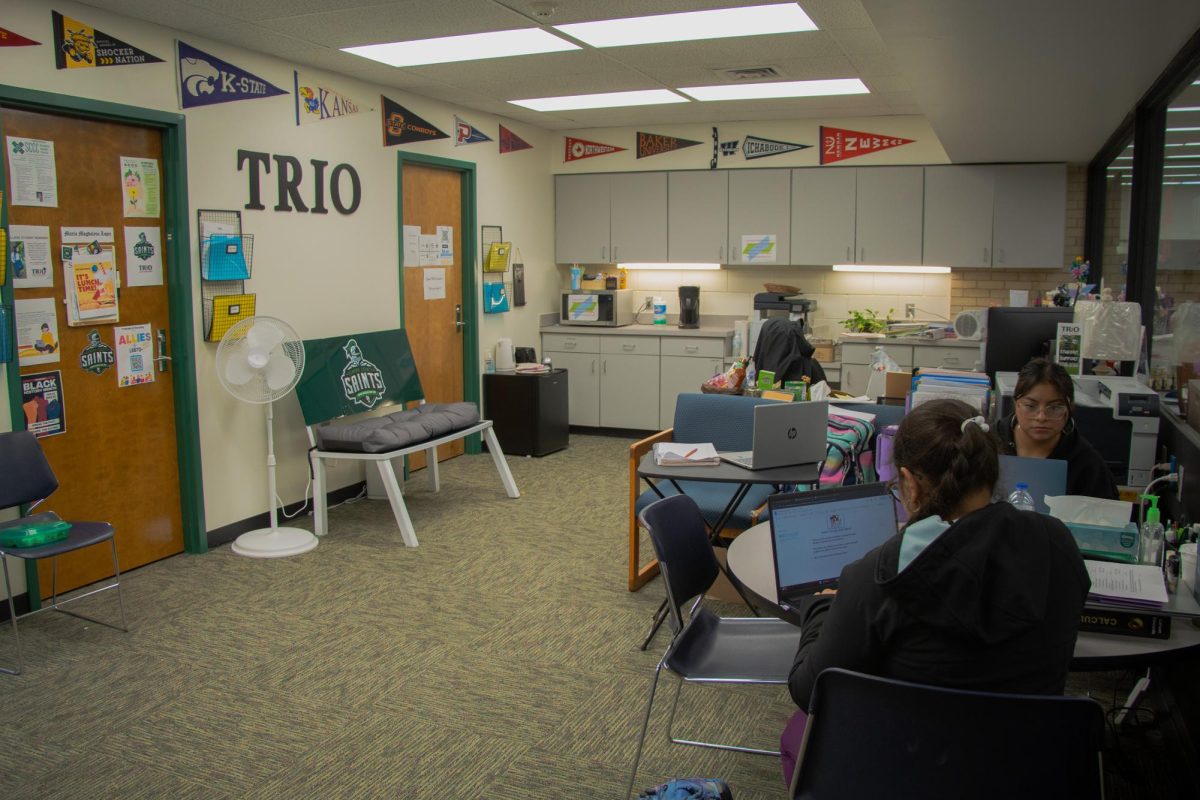








![The sophomores were recognized on the field instead of walking across the stage during their doubleheader. They received their diplomas and a picture of themselves playing during their career at Seward. [Pictured left to right are Dylan Day, Reed Thomas, Jase Schneider, Mason Martinez, Gannon Hardin, Brody Boisvert, and Zach Walker]](https://crusadernews.com/wp-content/uploads/2022/05/WEBDSC_0275-900x454.jpg)
